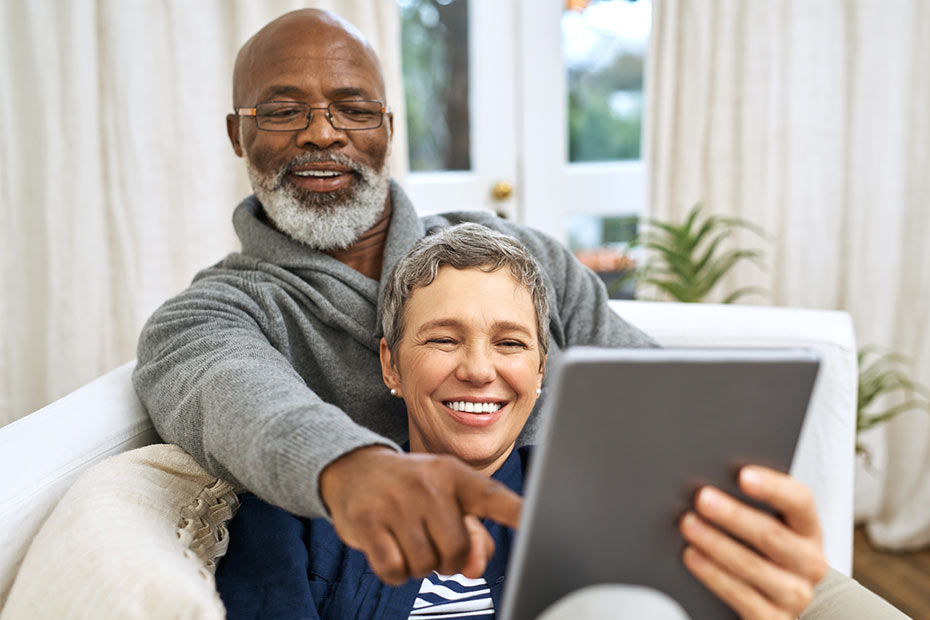Staying in Touch with Older Adults During COVID-19
There is an essential human need to be connected and integrated into a social network. When that is missing, the consequences are very real in terms of both our mental and physical health. There is a plethora of scientific data confirming that loneliness can attack our bodies and shorten our lives. Louise Hawkley, a senior research scientist at the University of Chicago says, “loneliness needs to be measured on a continuum from being slightly, moderately or extremely lonely.” Someone living alone, can still have a very robust social network. But with all of us abiding by the “stay at home” directive and social distancing, living alone, as many of our seniors do, compounds their isolation.
It is not only because many of our older adults have pre-existing conditions and are compromised by factors contributed to aging that places them in a higher risk category for contracting COVID-19, it is also living alone that exacerbates their vulnerability. It is therefore imperative that family, friends, medical professionals, and community organizations reach out to the elderly on an ongoing basis during the pandemic. Not only to assess their physical status, but also their emotional state of mind.
Given the advances in communications technology, connecting locally and even globally is easier than ever before. But, many of our older adults are not adept at using the existing technology. It is important therefore to reach out to the elderly on many levels.
- Research technology that is senior-friendly. For example, Grandpads, an iPad especially designed for older adults, can be set up and monitored by a loved one. Not only can they stay in touch with family and friends, but they can also access the abundance of online programming for older adults.
- Calling, social distancing when possible, writing on a regular basis is essential to stay in touch and check-in.
- Those who are affiliated with a religious institution, need to explore the resources available during the pandemic: services online, counseling, classes, etc.
- If there is a Community Center in the neighborhood, investigate their resources: meal delivery, counseling, online programming, etc.
- Organizations like AARP are a great source for providing suggestions on how senior citizens can continue to live a full life during the pandemic.
At the Betty and Milton Katz Jewish Community Center JCC), we reach our members on the level they are comfortable with. We call regularly and have begun to make “porch visits” to those who cannot or do not want to manage technology. For those who are willing to learn technology, we try to walk them through the steps and suggest they ask their children and grandkids to assist them. We have reached out to a local youth organization whose members are willing to call our older members and assist them with technology. Many of us are home with time on our hands, helping an older adult understand technology can be a great bonding experience. There is also the alternative for those who don’t Zoom, to join a program via their cell phone.
Online programming is here to stay for all ages, but especially the elderly. Given that older adults are more at risk to contract Covid-19, they will be more reticent about congregating with friends, family, and the public at large. At the JCC our online programming has grown exponentially to meet the needs of our membership. We have found that Zoom and YouTube videos are easier for our older clientele to manage. We, therefore, try to adapt our programming to these platforms when possible.
Do not underestimate the fortitude and resilience of the older adult population. We taught a member how to access our online programming by phone because she does not have a computer. We have worked together with family members to successfully encourage their loved ones, one being 100 years of age, to incrementally become comfortable with basic computer skills. Some of our older adults have survived past pandemics, World Wars, Recessions and Depressions. They can still learn and be connected to life. Any form of human contact whether by phone, social distancing, or virtual communication, can maintain quality of life for, as Tom Brokaw called them, “The Greatest Generation”.




